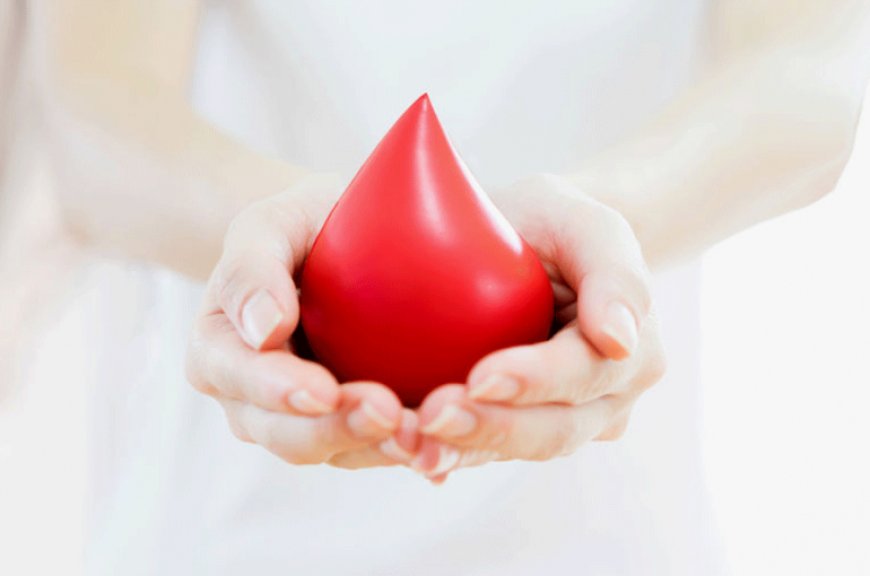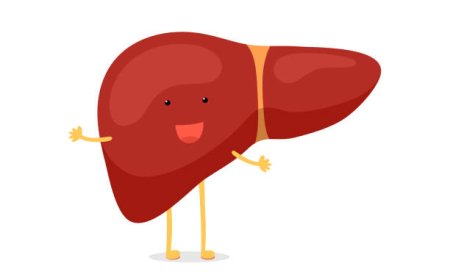The Surprising Health Benefits of Donating Blood
Blood donation is a safe and important way for individuals to help others who are in need of blood products due to illness, injury, or surgery. Also, Blood donation is beneficial for several reasons. In this article you will know more details about the benefits of blood donation.

The Surprising Health Benefits of Donating Blood
Blood donation can provide several health benefits to the donor. Here are some of the key health benefits of blood donation:
-
-
Reduces iron levels: The body needs iron to produce red blood cells, but too much iron can be harmful. It can cause damage to organs such as the liver, pancreas, and heart, and increase the risk of conditions such as diabetes, arthritis, and certain types of cancer. Regular blood donation can help reduce excess iron levels in the body by removing some of the iron-containing red blood cells. This can help protect against these conditions and improve overall health.
-
Lowers the risk of cancer: While the link between blood donation and cancer prevention is not fully understood, studies have suggested that regular blood donors may have a lower risk of certain types of cancer. One theory is that the reduction in iron levels may help prevent the growth of cancer cells, as iron can promote the growth of cancer cells. Another theory is that blood donation may stimulate the production of white blood cells, which play a role in fighting cancer.
-
Boosts heart health: High levels of iron in the blood can damage blood vessels and increase the risk of heart disease, stroke, and other cardiovascular conditions. By reducing iron levels, blood donation can help protect against these conditions and improve heart health. Blood donation can also help improve blood flow and circulation, which can further benefit heart health.
-
Improves overall health: Blood donation stimulates the production of new blood cells, which can improve overall health and well-being. It can also help maintain healthy blood viscosity and reduce the risk of blood clots, which can lead to conditions such as deep vein thrombosis and pulmonary embolism.
-
Provides a free health check: Before donating blood, donors undergo a health screening that includes checking their blood pressure, pulse, temperature, and hemoglobin levels. This can help identify potential health problems that the donor may not have been aware of, such as high blood pressure, anemia, or infection. Donors also receive a mini-physical, which includes a visual check for any signs of illness.
Overall, blood donation provides a range of health benefits that can help improve overall health and well-being. However, it is important to note that not everyone is eligible to donate blood, and there may be some risks associated with blood donation. Individuals with certain medical conditions, such as iron-deficiency anemia, hepatitis, or HIV, may not be eligible to donate blood. It is important to consult with a healthcare provider to determine if blood donation is safe and appropriate for you.
-
How Often Can You Donate Blood
According to the American Red Cross, individuals can donate whole blood every 56 days (eight weeks) or up to six times per year. However, specific eligibility criteria must be met, such as age, weight, and health status. It's important to check with your local blood donation center for their specific guidelines and recommendations.
Blood donation is a voluntary and safe process where a person donates a pint (about 470 mL) of blood, which is then used to help patients who need blood transfusions. Before donating, the donor undergoes a screening process to ensure they are healthy and eligible to donate. This includes checking their medical history, taking their blood pressure, testing their hemoglobin levels, and conducting a brief physical exam.
Once cleared to donate, the donor's blood is collected via a needle placed in their arm. The process typically takes about 10-15 minutes, and the donor is then given snacks and drinks to help replenish their fluids and blood sugar levels. After donating, it's recommended that donors avoid heavy lifting or strenuous activity for the next 24 hours and stay hydrated.
Overall, blood donation is a safe and important way to help others in need. If you're interested in donating blood, I recommend checking with your local blood donation center for more information on eligibility and donation guidelines.
What's Your Reaction?





















































